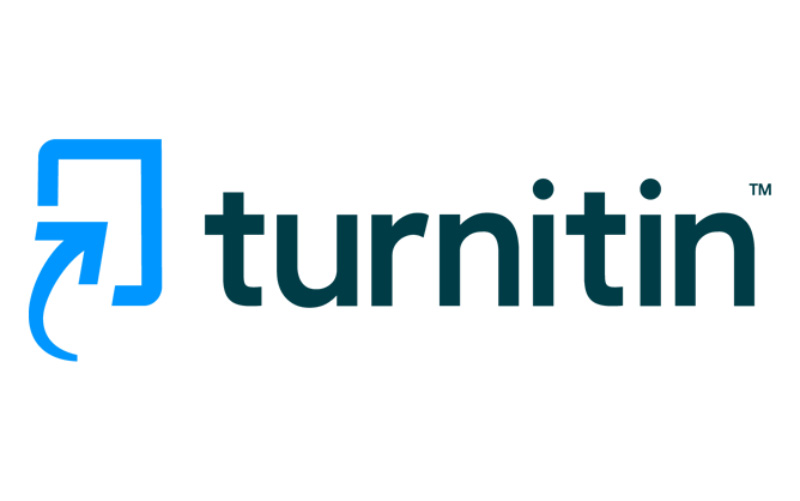KUDETA REDAKSIONAL DALAM PROSES LEGISLASI NASIONAL
Abstract
It is undeniable that there are problems in the legislative process in Indonesia, one of which is tampering with articles or editorial coups. In fact, this illegal practice can occur in three conditions. First, it occurs in the draft produced by a special committee or commission before it is brought to the plenary session of the DPR. The second occurred after the DPR plenary session. The third is the most difficult to control, if an editorial coup is carried out by the government before it is passed by the president, then it is promulgated in the State Gazette. At this stage, when the bill is in the hands of the government, the DPR finds it difficult to check. Given that this is the final stage, the possibility of a new editorial coup has been traced after it was implemented. As a product that is agreed upon in the highest forum (plenary session) and is the result of joint legislative-executive agreement, the slightest change made is haram. This research is a normative juridical research by conducting literature studies and analyzing secondary data. The results of this study indicate that if it is true that there is an editorial coup in the legislative process, the legal product has formal and material defects which can be canceled through the right to test exercised by the Constitutional Court.
References
Asshiddiqie, J. (2006), Perihal Undang-Undang di Indonesia. Jakarta: Sekretariat Jendral Mahkamah Konstitusi Republik Indonesia.
Bachtiar. (2015). Problematika Implementasi Putusan Mahkamah Konstitusi pada Pengujian UU terhadap UUD. Jakarta : Raih Asa Sukses
Boynton, G.R dan Kim, C.L. (1975). Legislative System in Developing Countries, Duke University Press.
Kelsen, H. (1971), General Theory of Law and State. New York: Russel & Russel.
Koharudin, M. (2010). Relasi Hukum dan Demokrasi, Jalan Terjal Perlindungan Hak Berpolitik Rakyat. Jakarta: Lembaga Pengkajian Kesetaraan dan Keadilan.
Rahardjo, S. (2003) Sisi-Sisi Lain Hukum di Indonesia, Jakarta: Penerbit Buku Kompas.
Strong.C.F. (1975). Modern Political Constitution An Introduction to the Comparative Study of their History and Existing Form. London: Sidwick & Jackson Ltd.
Umam, A. (2010). Ramai-ramai Membohongi Negara (Kejahatan Moral terhadap Pancasila). Jakarta:LK-Press.
2. Jurnal Ilmiah
Wahid, A. (2012). Politik Legislasi Menentukan Demokrasi (Analisis Putusan No. 15/PUU-IX/2011). Jurnal Konstitusi, Volume 9, Nomor 1, Maret 2012.
3. Koran/Surat Kabar
Farida, M. (2008) . Laporan Kompendium Bidang Hukum Perundang-Undangan, Departemen Hukum Dan Hak Asasi Manusia RI Badan Pembinaan Hukum Nasional Pusat Penelitian Dan Pengembangan Sistem Hukum Nasional.
Isra, S. (2009). Kudeta Redaksional. Kompas. 19 Oktober 2009.
_____. (2011). Memperdagangkan Pasal. Majalah Gatra. Edsi 28 November 2011.
Mochtar,Z.A. Legislasi Nan Menyebalkan. Kompas Tanggal 20 Oktober 2020.
Safa`at, M.A. (2020). Pembentukan UU Yang Demokratis. Kompas. Edisi 17 Oktober 2020.
4. Artikel Internet
Asshiddiqie, J. Menelaah Putusan Mahkamah Agung Tentang Judicial Review atas PP No. 19 Tahun 2000 yang bertentangan dengan Undang-Undang Nomor 31 Tahun 1999. h. 1, http://repository.usu.ac.id/bitstream/123456789/ 22026 /3/Chapter%20II.pdf
Ega Ramadayanti dan Ramos Adi Perisai, Revisi Undang-Undang Mahkamah Konstitusi: Praktik Barter Politik yang Nihil Substantif, https://fh.unpad.ac.id/revisi-undang-undang-mahkamah-konstitusi-praktik-barter-politik-yang-nihil-substantif/, Pada Tanggal 1 September 2020.
5. Peraturan Perundang-Undangan
Undang-Undang Nomor 12 Tahun 2011 Jo Undang-Undang Nomor 15 tahun 2019 tentang Pembentukan Peraturan Perundang-undangan.
Undang-Undang Nompr 24 Tahun 2003 Jo Undang-Undang Nomor 8 Tahun 2011 tentang Mahkamah Konstitusi.
Authors whose manuscript is published will approve the following provisions:
-
The right to publication of all journal material published on the AKTUAL JUSTICE journal website is held by the editorial board with the author's knowledge (moral rights remain the property of the author).
-
The formal legal provisions for access to digital articles of this electronic journal are subject to the terms of the Creative Commons Attribution-ShareAlike (CC BY-SA) license, which means Jurnal of AKTUAL JUSTICE reserves the right to store, modify the format, administer in the database, maintain and publish articles without requesting permission from the Author as long as it keeps the Author's name as the owner of Copyright.
-
Printed and electronically published manuscripts are open access for educational, research, and library purposes. In addition to these objectives, the editorial board shall not be liable for violations of copyright law.









1.png)

